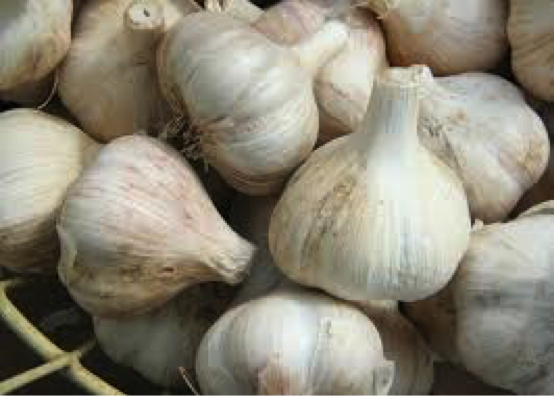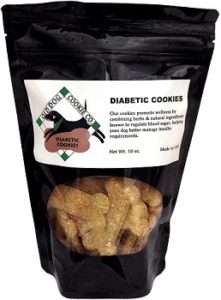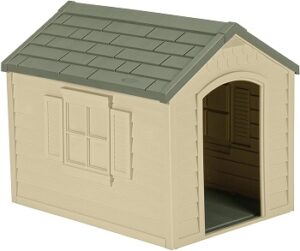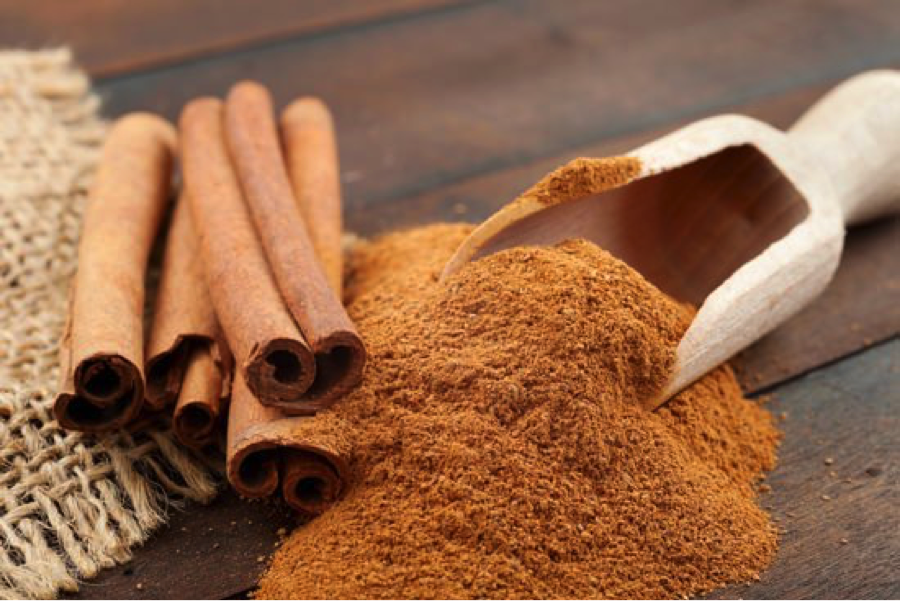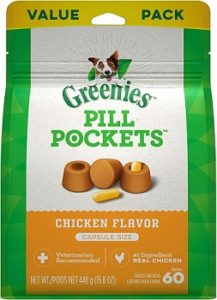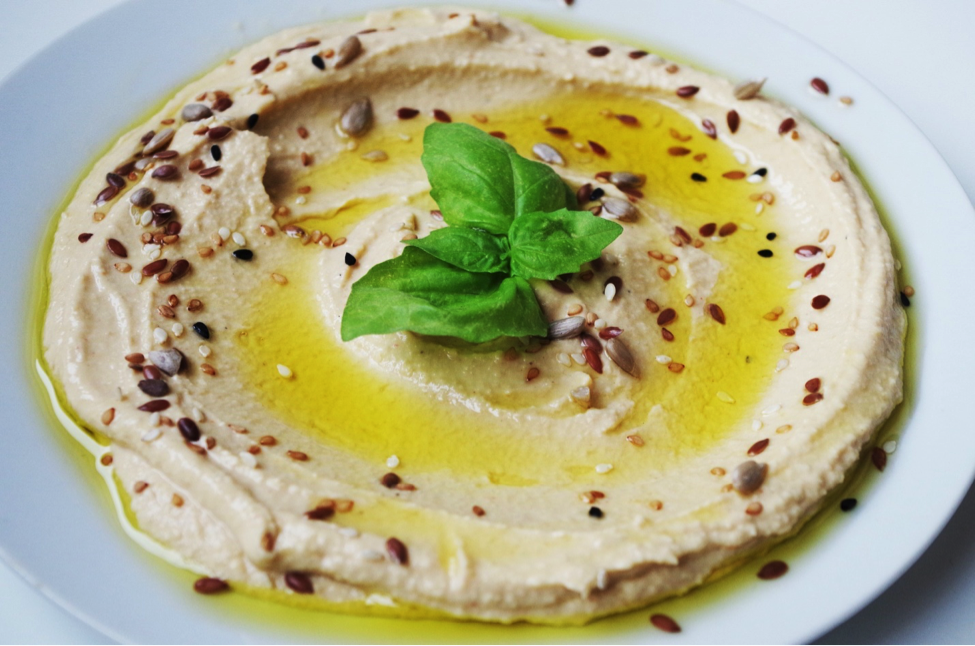
Hummus is a delicious dip that’s gained popularity beyond its Middle Eastern origins and is now a favorite in North American and Europe. People love hummus for its rich flavor and its designation as a superfood. The ingredients in hummus are rich in fiber, protein, antioxidants, vitamins, and minerals. For people, hummus can help lower cholesterol levels, aid in weight loss, and be part of a heart-healthy diet. Check out more healthy diets for dogs here: https://www.mybonesandbiscuits.com
Dogs love to eat their owners’ favorite snacks, and considering all the nutrients in hummus, dog owners may be tempted to share. But is it safe for dogs to eat hummus? The answer is no, not even in small amounts. Unfortunately, the ingredients list of hummus contains foods that are toxic to dogs.
Why Hummus is Dangerous for Dogs
Hummus is usually made from chickpeas, tahini, olive oil, lemon juice, salt, and garlic. Dog owners should avoid feeding their dogs any salty foods, but the big problem with hummus is garlic and lemon juice.
Of all the ingredients in hummus, garlic is the most dangerous for dogs as it is mildly or moderately poisonous to them. While garlic is a favorite spice of many people, it can cause serious health problems in dogs, and in large amounts, can even kill them. Raw, cooked, dried, or powdered, garlic is unsafe for dogs regardless of its preparation.
Garlic causes damage to the red blood cells of dogs, and once damaged, the cells cannot carry oxygen. A dog that eats garlic is at risk for anemia, which means a low red blood cell count. Severe cases of anemia in dogs can lead to internal organ damage, organ failure, and even death.
The symptoms of garlic poisoning in dogs include nausea, vomiting, diarrhea, elevated heart rate, weakness, and collapse. Other symptoms are pale gums, red or brown urine, lack of muscle coordination, and excessive salivation. Sometimes the onset of the symptoms of garlic poisoning in dogs is delayed, and dog owners may not notice any health problems for several days.
Lemon juice is the other ingredient in hummus that can be problematic for dogs because citric fruit juices are too acidic for dogs. Moreover, lemon juice contains citric acid, which can cause abdominal pain and discomfort in dogs. Vets point out that dogs do not eat lemon juice in the wild, and that lemon juice is not a natural component of a dog’s diet.
Chickpeas: A Safe Alternative to Hummus
Chickpeas are the main ingredient in hummus, and they are safe for dogs to eat. In fact, dogs can benefit from the nutritional qualities of chickpeas!
Otherwise known as garbanzo beans, chickpeas are a convenient and inexpensive source of protein. That’s what makes them a great snack for dogs and puppies! In addition, the high fiber content of the beans makes them beneficial to a dog’s digestive system, and they are also effective for combating constipation in dogs.
Other valuable nutrients in chickpeas are potassium, lecithin, and vitamins A, B, and C. Lecithin is known to stimulate a dog’s memory and learning abilities, so chickpeas are a great choice for dogs that are in training. Vitamins are always essential for dogs as they are necessary for proper metabolism. And potassium is needed for the healthy function of a dog’s kidneys, heart, digestive system, and muscles.
Cooked chickpeas can be mashed and fed to dogs like a dip on carrot sticks, or cooked chickpeas can be added to a dog’s food for a healthy protein boost. Also, homemade hummus recipes can be altered to exclude salt, garlic, and lemon juice for a dog-safe version of hummus.
Help! My Dog Ate Hummus!
What should you do if your dog eats hummus? The first step is to figure out how much your dog ate. If it’s a small amount of hummus, then that means he ingested a small amount of garlic. Your dog should be fine.
But what if your dog eats a large amount of hummus? In this case, you have definite cause for concern. You should contact your veterinarian as soon as possible. Remember that garlic poisoning in dogs may not be apparent for several days, so it is not safe to assume your dog will be fine just because he doesn’t display any immediate symptoms.
The Verdict on Hummus
Hummus is a popular snack food for people because it tastes great and has many health benefits. However, it is never safe to share your hummus dip with your dog. The garlic in hummus and many other human foods is toxic to your dog, so you should refrain from sharing any garlicky snacks with your dog.
